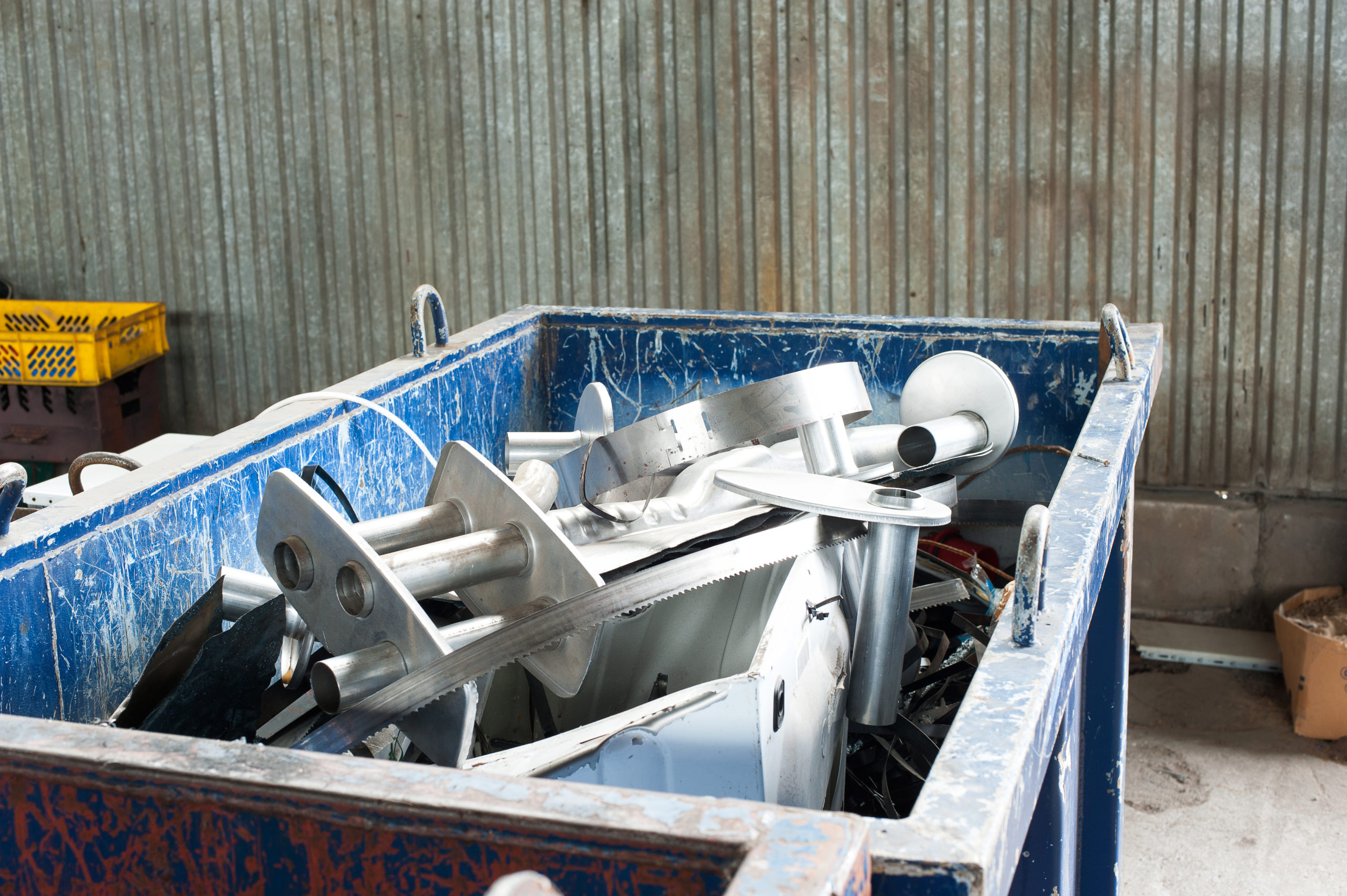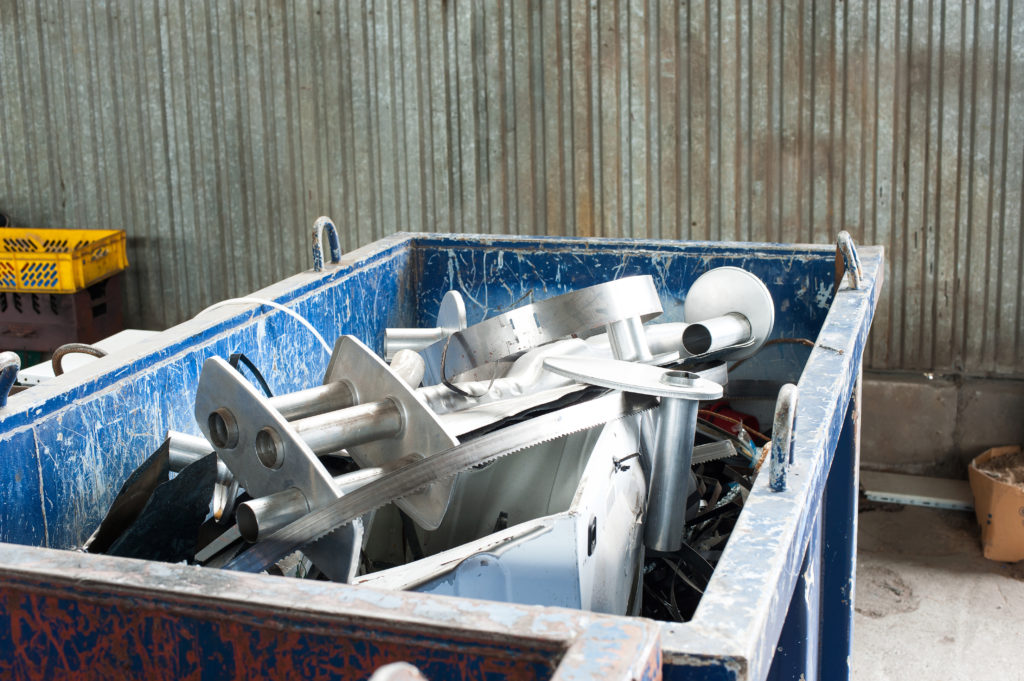Susie Burrage also discussed the association’s work on batteries and the hazardous classification of some items at the dinner, which took place in London on 18 November.

Ms Burrage, who was voted as president in 2016, said the sector was “finally being taken seriously as victims and not perpetrators of scrap metal theft”.
The fact that Nigel O’Gorman, a BMRA board member, will this week present evidence in parliament detailing how metal theft affects the metal recycling industry proved this, she said. The Church of England and Historic England will also present evidence on the same subject during a series of sessions.
The BMRA president hopes the information gathered during these sessions could “pressure” local authorities to enforce the Scrap Metal Dealers Act, which sets out a string of measures to strengthen enforcement against illegal operators selling scrap metal.
She said: “We all know the biggest facilitator to metal theft is lack of enforcement but when challenged the authorities blame lack of funds.”
Batteries
Ms Burrage also gave an overview of the BMRA’s work on tackling battery fires, which is a continuously growing issue for the industry.

She explained that John Norton, another board member, had been a “very proactive” chairman of the BMRA Fire Prevention Committee, helping “ignite” the association’s campaign to raise awareness of fires being caused by lithium-ion batteries in the metals and wider waste industry.
Ms Burrage explained: “We have written directly to local authorities asking them to do more, including taking steps to ensure waste electrical and electronic equipment and lithium-ion batteries are disposed of in the correct bins and not placed in the general scrap bins at household waste and recycling centres.
“Please continue to spread the word as we need to take action to solve this issue and stop fires in our shedders and yards and please display the BMRA’s latest health and safety poster which stresses the risks posed by lithium-ion batteries and the electrical items containing them.”
Earlier this month, the BMRA called for the government to ban households from putting waste electricals and lithium-ion batteries in their kerbside recycling and residual waste bins (see letsrecycle.com story).
POPs
Another issue the BMRA is focusing on is the classification of “non-waste electrical and electronic equipment (WEEE) cables” and shredder residue in relation to persistent organic pollutants (POPs).
She told attendees: “We are having ongoing discussions with the UK’s environmental agencies regarding the classification of non-WEEE cables and shredder residue.
“As things stand, both are expected to be deemed hazardous wastes in the coming weeks and months. Decisions over possible POPS classifications will resume in the spring after international discussions at the UN have taken place.
For sites handling or producing these wastes, difficult decisions undoubtedly lay ahead
- Susie Burrage, BMRA presidents
“For sites handling or producing these wastes, difficult decisions undoubtedly lay ahead, but we are working hard to minimise the impacts a ‘hazardous’ classification might have on your businesses.
“We are discussing options that could limit the number of cable processing sites that would fall under the controls set out in the Industrial Emissions Directive and simultaneously lobbying government for a derogation from the requirement to pay the hazardous waste consignment note fee for small loads of cable.”












Subscribe for free